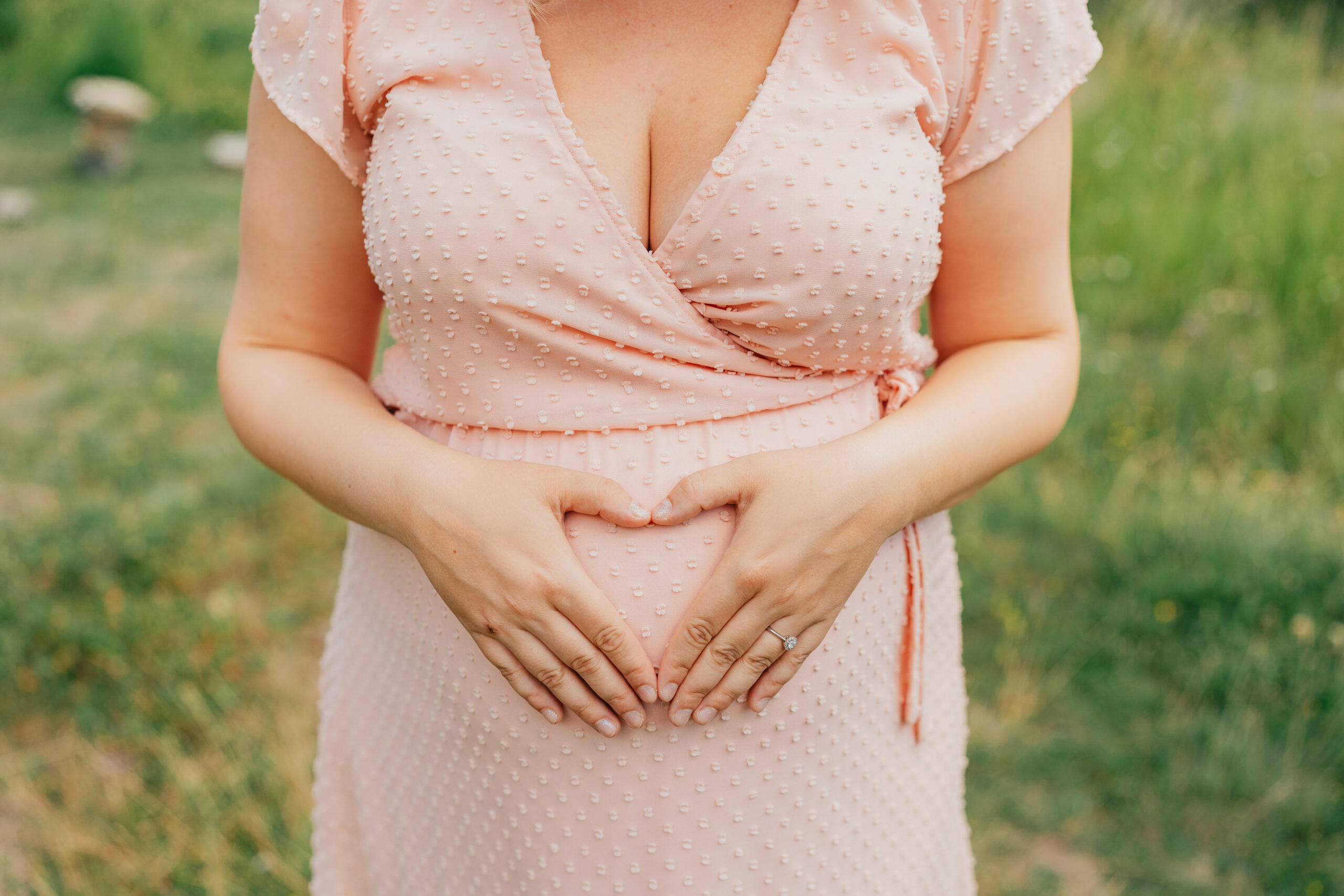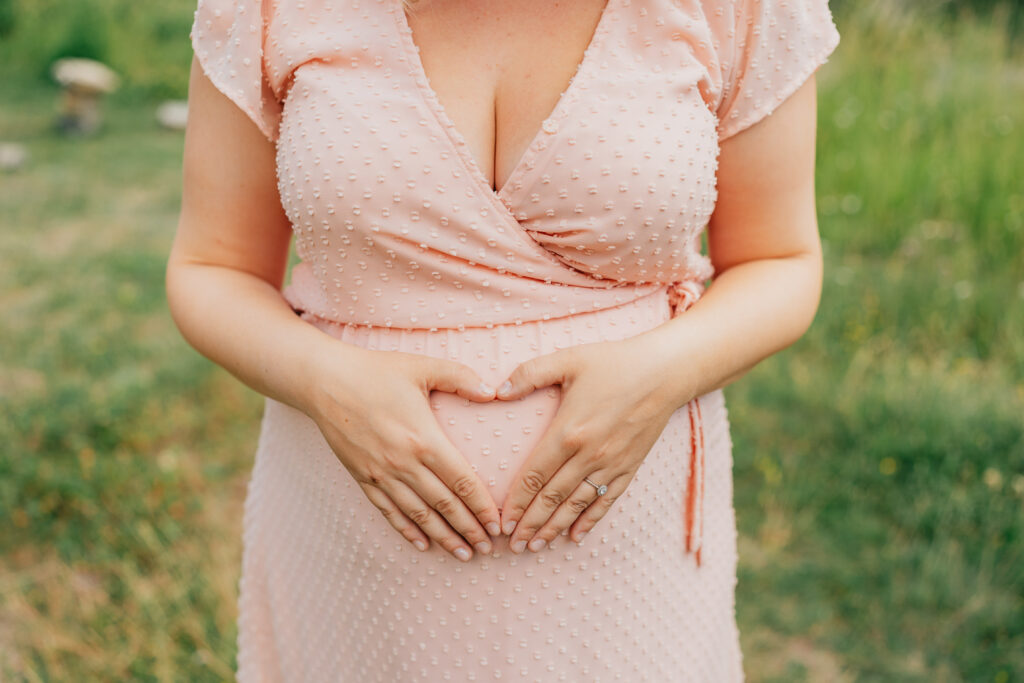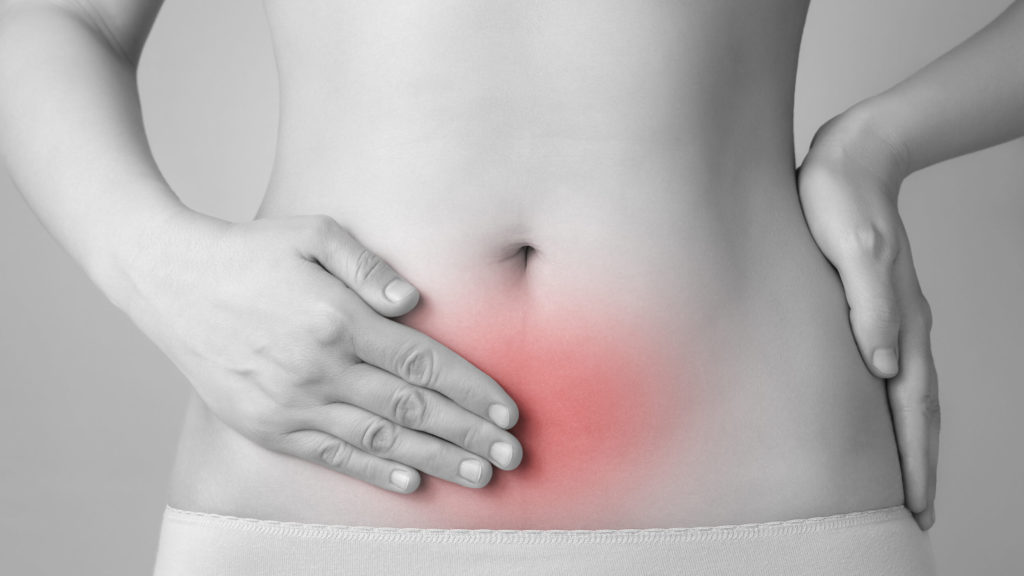Issues with conceiving a baby affect an increasing number of couples worldwide. For some, the journey towards understanding and resolving this problem is filled with questions and uncertainties. What is the most common reason for female infertility, how to recognize it, and most importantly, how to treat it?
What causes infertility in women?
From a medical standpoint, infertility is discussed when a couple fails to conceive after a year of regular unprotected sexual intercourse. For women over 35, this period is shortened to six months. It always involves infertility of the entire couple – in one-third of cases, the issues lie with the woman, in another third with the man, and the remaining part is a combination of both factors.
Age is fertility’s greatest enemy
Currently, age is a primary factor in infertility. With advancing years, the number and especially the quality of eggs decline. Unlike sperm, which are constantly produced in the male body, eggs are older than the woman herself. They were formed when the woman was still in her mother’s womb. “Biologically, the ideal age for starting a family is between 25 and 30 years. However, the average age of first-time mothers in the Czech Republic has already reached 31 years,” warns Dr. Veselá, adding that while modern times offer plenty of opportunities, our biological setup has unfortunately remained unchanged for thousands of years.
Hormones play a primary role in the female body
Another reason for fertility difficulties may be hormonal imbalance. This can lead to problems with the menstrual cycle and ovulation. This may include conditions such as polycystic ovarian syndrome. This condition is characterized by elevated levels of androgens (male sex hormones) combined with an irregular menstrual cycle. Another common cause of fertility problems is endometriosis: a condition where tissue similar to the lining of the uterus grows outside the uterus.
“Wherever the uterine lining is located, it always responds to changes in sex hormone levels. During menstruation, therefore, bleeding occurs in endometriosis lesions, leading to the development of chronic inflammation and subsequent adhesion formation. Approximately one-third of women with this diagnosis experience fertility problems,” adds clinic director and physician Veselá.
Overlooked genetics
A commonly overlooked but widespread cause of infertility is genetic abnormalities. These can manifest as unsuccessful attempts to conceive or recurrent miscarriages. Some chromosomal abnormalities prevent proper embryo development and result in infertility or recurrent miscarriage. “The basic genetic examination undergone by every couple at Repromeda is determining their human karyotype, i.e., determining their chromosomal makeup,” adds Kubíček, director of Repromeda’s genetic laboratory..
Common causes of infertility also include blocked fallopian tubes, adhesions in the ovarian and fallopian tube area.

How to recognize infertility in women
If a couple has not yet attempted conception, irregular or absent menstrual cycles may indicate ovulation problems. However, very painful menstruation or pain during intercourse can also be problematic. This could indicate endometriosis or other gynecological issues.
The Femme test provides a basic understanding of female fertility. The main goal of the test is to measure the level of Anti-Müllerian hormone, which is directly related to the number of available eggs. The test also analyzes other female hormones, such as TSH and prolactin. It provides a comprehensive view of a woman’s reproductive health and allows determining how many eggs she has left – that is, her ovarian reserve.
How to treat infertility in women
Since infertility has many causes and factors, it is necessary to treat the specific problem. In the case of a hormonal cause, hormonal therapy stimulating ovulation may be prescribed by a gynecologist.
The most effective solution is to seek help from a clinic specializing in infertility treatment and assisted reproduction. An ideal approach is to complement modern methods with alternative methods such as acupuncture, herbal therapy, or reproductive yoga. Overall fitness is also crucial – adequate quality sleep, balanced diet, and regular exercise. Mental well-being is also extremely important.
In the past, infertility was also treated with visits to health resorts. However, the effectiveness of this treatment was very low. It could be said that the greatest benefit in this regard was the improvement in mental state that a stay in a health resort could bring. However, it is ideal to visit health resorts after surgical procedures used in cases where infertility is caused by the presence of polyps or endometriosis.
Are you struggling with conceiving a baby? Book an appointment by phone or through the contact form at the clinic in Brno or Ostrava. We will help uncover the reasons for your infertility and assist you in achieving your desired baby.



